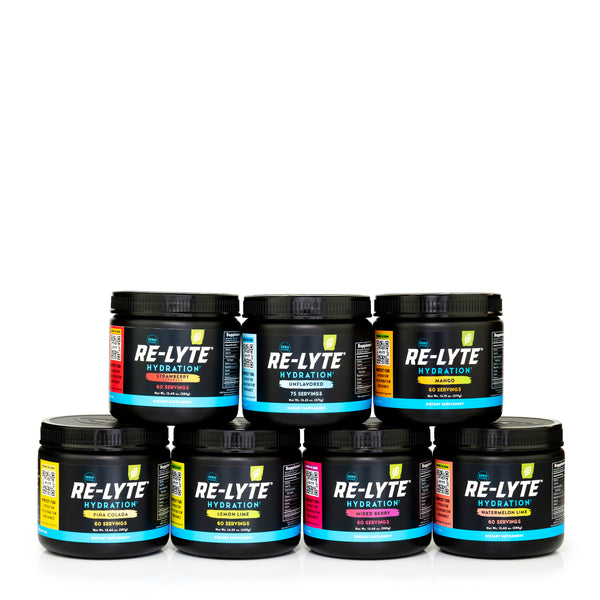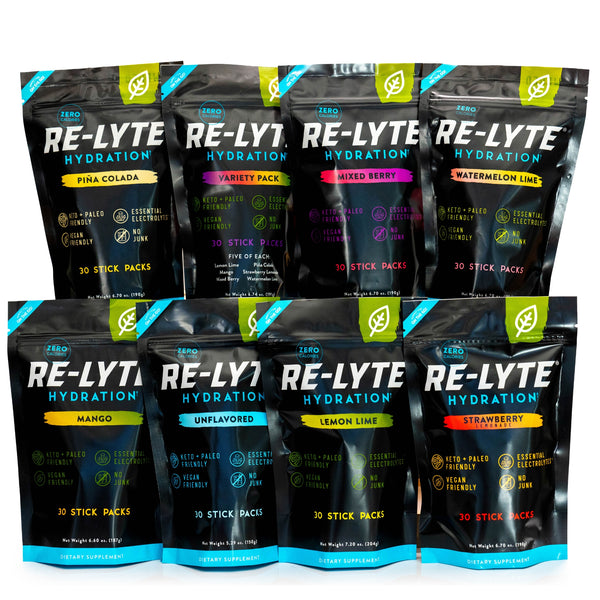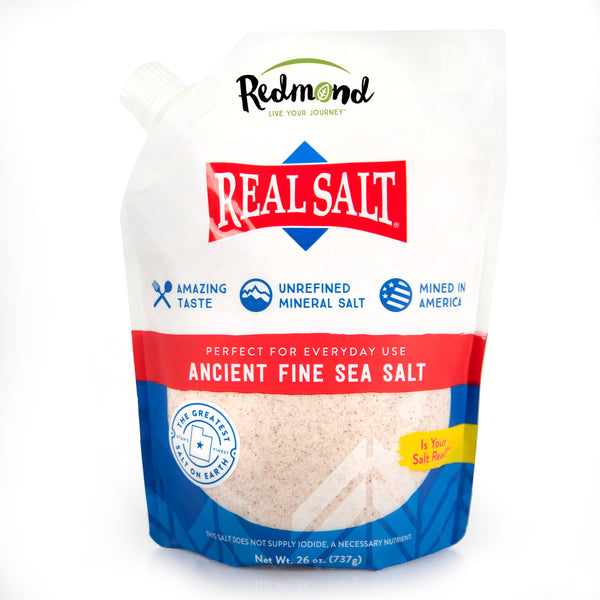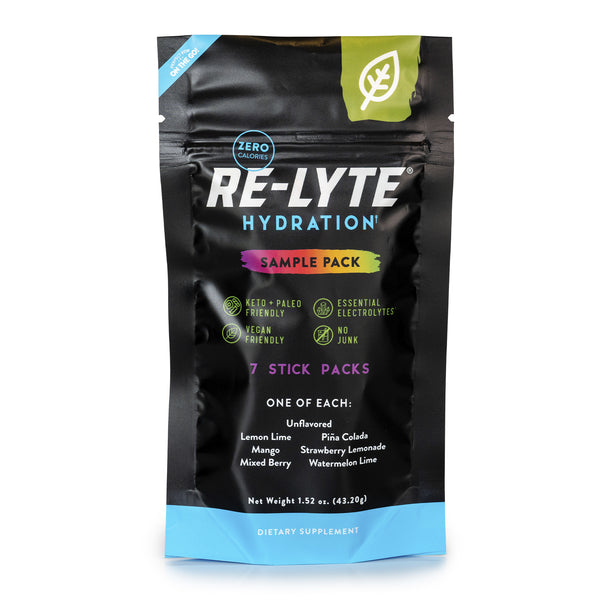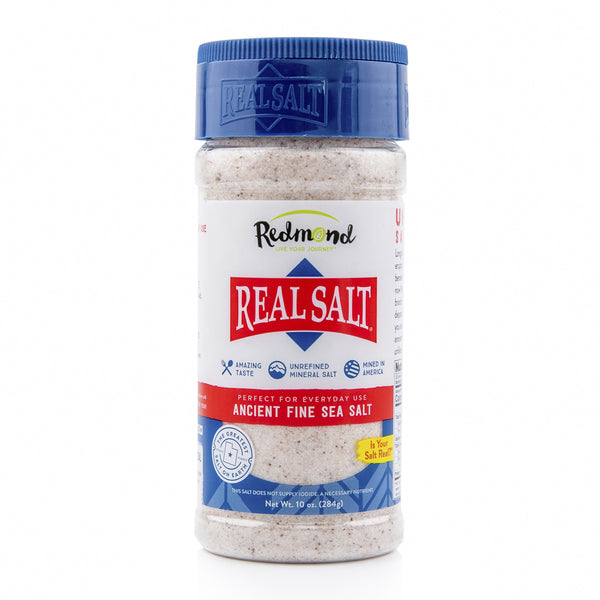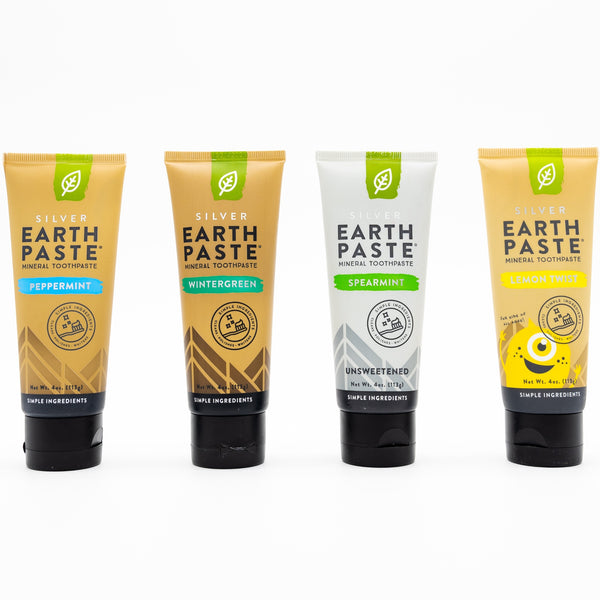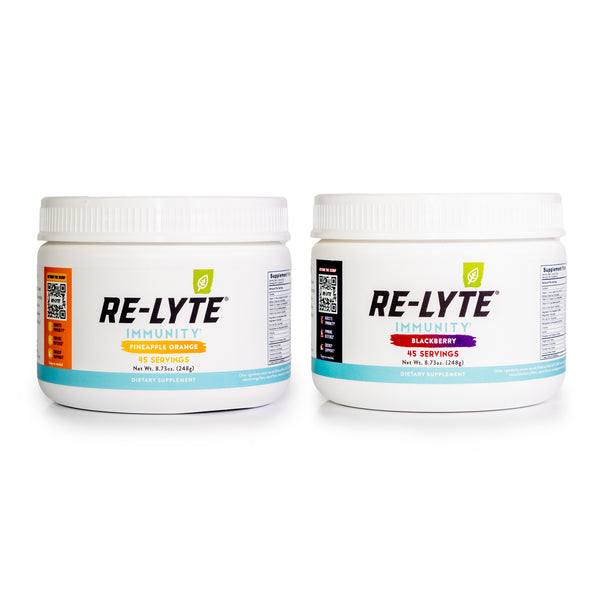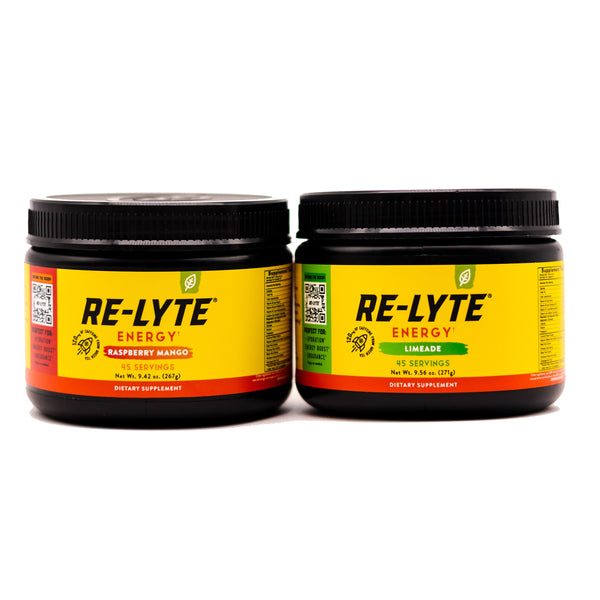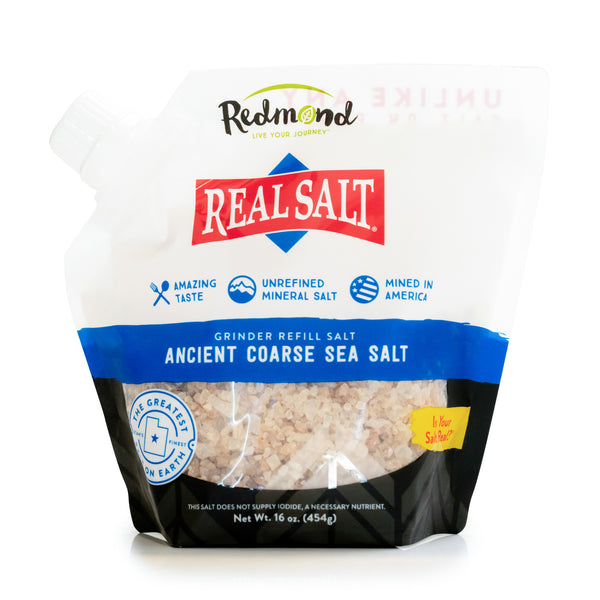Is Dehydration Ruining Your Sleep?
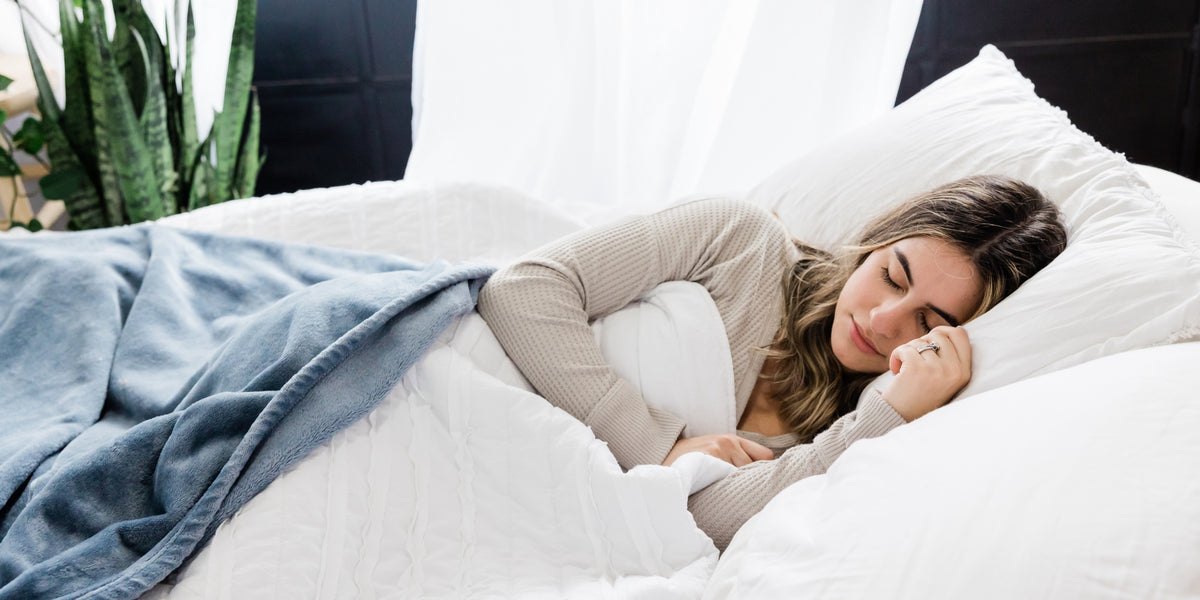
Article at a Glance:
- Research shows there’s a connection between how hydrated you are and how well you sleep.
- When a poor night’s sleep disrupts your circadian rhythm, it could reduce the production of an important hormone called vasopressin, which increases water absorption and prevents dehydration.
- Symptoms of dehydration (like dry mouth, muscle cramps, and more) can interfere with a good night’s sleep.
- Dehydration may also impact the production of the sleep hormone melatonin.
- If you want to sleep better, stay hydrated by setting a daily hydration goal, making your water more flavorful, limiting caffeine and alcohol, and getting plenty of electrolytes.
Getting a good night’s sleep is so important during the back-to-school season. Kids need to be well-rested in order to learn and maintain a strong immune system. (And so do you to keep up with the back-to-school scramble!) But sometimes quality sleep is difficult to come by.
If you’ve had trouble sleeping well, you’ve probably explored a bunch of solutions. Melatonin, cooling your room at night, sleep masks, magnesium butter…there are all kinds of tricks out there. But have you considered that mild dehydration may cause insomnia?
If you or your kids have been struggling with sleep, you might want to take a closer look at your hydration habits. Let’s dig into that so you can get a full night’s rest already!
The Chicken or the Egg: The Relationship Between Sleep and Hydration
How much does hydration affect sleep?
The science is unclear about whether dehydration causes poor sleep or poor sleep causes dehydration. But one way or the other, there appears to be a link between the two.
It’s possible that poor or shortened sleep can dry you out.
When you sleep, your body produces a hormone called vasopressin that increases water absorption in your kidneys during the later stages of the sleep cycle. This prevents you from getting dehydrated while you’re sleeping and not drinking water all night.
Your circadian rhythm manages the production of this hormone, which means that if that rhythm is disrupted, you might get dehydrated when you sleep.
On the other hand, symptoms of dehydration, like muscle cramps, thirst, dry mouth, etc. can definitely wreck your sleep! If you wake up with a Charley Horse or cotton mouth, dehydration may be the culprit.
Dehydration can also make you feel tired while preventing you from getting good sleep. Talk about a conundrum!
Finally, there is some evidence that dehydration can affect the production of the sleep hormone melatonin.
So the exact nature of the relationship between sleep and hydration is still unclear, but we do know this: Sleep + dehydration = bad news.
It's extremely important to hydrate well if you're struggling with sleep issues. Dehydration could be one more issue keeping you up at night, and a lack of sleep could potentially dry you out!
So we might as well fix the problem that has an easier solution, right?
Here are some easy tips for hydrating during the day so you can get the best possible rest at night!
4 Simple Hydration Tips for Better Sleep:
#1: Set a hydration goal.
First, figure out how much you need to drink to stay hydrated.
The U.S. National Academies of Sciences, Engineering, and Medicine suggests about 3.7 liters (15-16 cups) daily for men and 2.7 liters (11-12 cups) for women.
Fill a large container with water, preferably large enough for your recommended amount for the day, and make it a goal to finish the whole thing. Pro tip: Try setting a timer on your phone to remind yourself to drink up!
The good thing about the container is that you can see how close you are to your goal, and you can pace yourself. If you drink less than half the bottle in the morning, for example, you’ll know that you need to step it up in the afternoon.
But don’t drink too much later in the evening. You don’t want to wake up during the night to answer nature’s call!
#2: Make your water taste good.
If you don’t like the taste of plain water, spruce it up! Add some fruit and herbs to your container to give your water a nice flavor. We recommend mint, cucumber, lemon, berries, melon, anything you like!
If you don’t like your tap water, you may also want to invest in a water filter that fits on your faucet, or one that you can simply fill and put in the fridge. For a lot of people, this is a game changer.
Re-Lyte Hydration is also an easy option to give your water a great flavor. Try flavors like Mango, Pina Colada, and Watermelon Lime for the best balance of hydration and taste!

#3: Limit caffeine and alcohol intake.
Caffeine acts as a diuretic, which can contribute to dehydration, as well as a stimulant that can affect sleep. Avoid drinking coffee or caffeinated sodas after 3 pm or so.
Alcohol is also a mild diuretic and can mess with your sleep, so avoid drinking two hours before bed to keep from disrupting your rest. And try to limit yourself to just one cocktail or glass of wine!
#4: Don’t forget electrolytes!
Sometimes water alone isn’t enough to fully hydrate you, especially if you’re active or tend to sweat a lot. We lose electrolytes when we sweat, and an imbalance or deficiency can cause problems like muscle cramps and, you guessed it, disrupted sleep.
Adding Re-Lyte to your water is a super easy way to get a steady supply of all-natural electrolytes. This is also a good source of magnesium, which may improve sleep quality and make it easier to fall asleep.
BTW, Re-Lyte Immunity can give you an extra boost with cold and flu season on the horizon!
Try these tips to hydrate your body and get a better night’s sleep!
Sources:
- Short sleep duration is associated with inadequate hydration: cross-cultural evidence from US and Chinese adults— Sleep.
- Can Drinking Water (or Not Drinking Enough) Affect Your Sleep?— Everyday Health.
- Hydration and Sleep— The Sleep Foundation.




